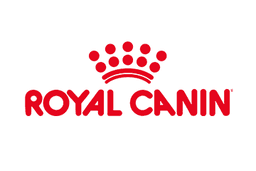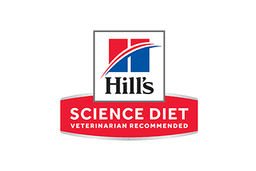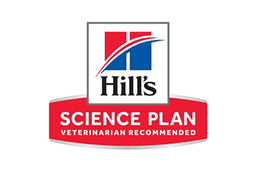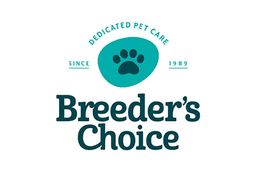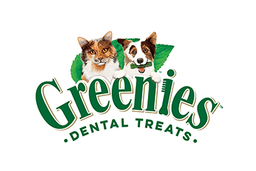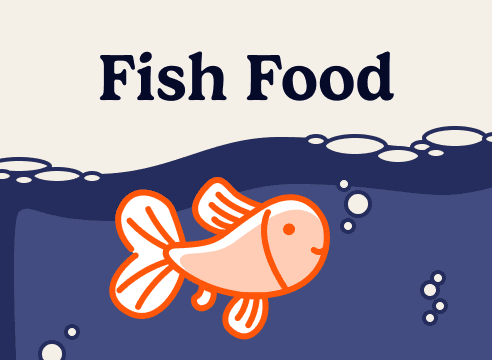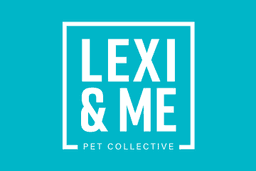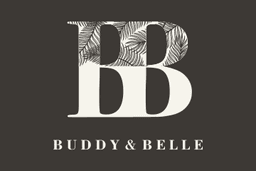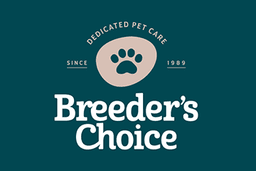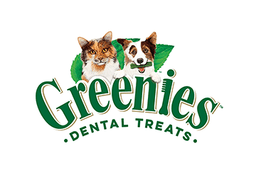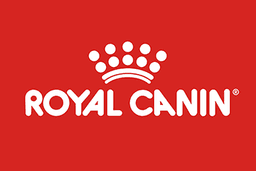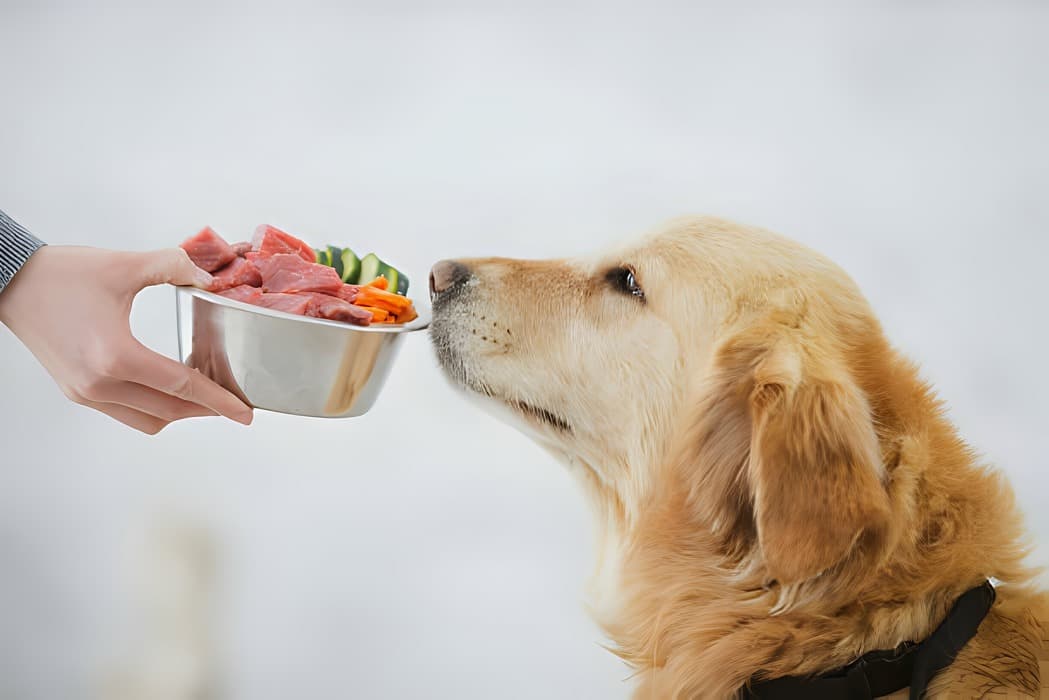Feeding the furry member of your family can often seem unnecessarily complicated – just what can your dog eat? Dogs are usually known for their hearty appetites and enthusiasm for food, but just because your dog can eat something, it doesn’t mean they should.
Like humans, dogs are omnivorous, so they can eat both meat and plant-based diets, but be careful. A lot of foods that we consider healthy can be bad for dogs, and even potentially fatal.
Before you think about sharing your meal with your furry friend, read up on the dos and don’ts of dog diets.
What NOT to feed your dog
No matter how much they look at you with their big pleading eyes, there are a number of foods you should never give your dog to eat. Here are a few examples:
- Apple seeds. Apple seed casings contain a chemical called amygdalin that releases cyanide while it’s being digested.
- Avocados. There’s a chemical called persin in avocados that can cause vomiting, diarrhoea and heart congestion in dogs. The pit is the most dangerous part of the avocado – if your dog eats one make sure you call the vet as soon as possible.
- Grapes. Eating grapes and raisins can lead to kidney failure in dogs, even in small amounts.
- Chocolate. It might be delicious to us, but chocolate can be potentially fatal to dogs. It can cause vomiting, diarrhoea, increased urination, tremors, seizures, restlessness and elevated heart rate.
- Onions. Whether raw, dry, cooked or in powdered form, you should never give your dog onions as they can cause anaemia and damage to red blood cells.
- Macadamia nuts. Even small amounts can be deadly for dogs. Symptoms of macadamia nut ingestion include vomiting, muscle shakes, a high temperature and weakness in the back legs.
- Coffee. Caffeine is highly toxic for dogs and can cause hyperactivity, vomiting, restlessness, raised blood pressure and heart rate, seizures and tremors.
- Xylitol. This artificial sweetener is toxic to dogs and can cause seizures, liver failure, low blood sure and be potentially fatal even in small amounts.
This is by no means an exhaustive list, and if you’re at all worried about your dog or suspect they may have eaten something they shouldn’t, you should call your vet straight away.

Can Dogs Eat Chocolate?
Foods your dog CAN eat
While commercially prepared dog food is best for most dogs, there are a few human foods that can be good for your pet, in moderation.
- Eggs. Cooked is best to avoid salmonella.
- Lean meat. Make sure you take the bones out and remove any extra fat.
- Vegetables. There are plenty of vegetables that are great for dogs, including carrots, spinach, sweet potatoes and brussel sprouts.
- Fruit. Bananas, strawberries, watermelon, raspberries, apple slices (no seeds) and mangoes are just some of the fruits that dogs can enjoy. With stone fruit just be sure to take the stone out before you feed it to your dog, to avoid choking.
- Rice. Cooked white rice is great for dogs that have an upset stomach or to bulk out their diet if they need to gain weight.
Knowing what you can and can’t feed your dog will help you feel more confident as a pet owner and ensure your furry family member stays healthy and safe.




